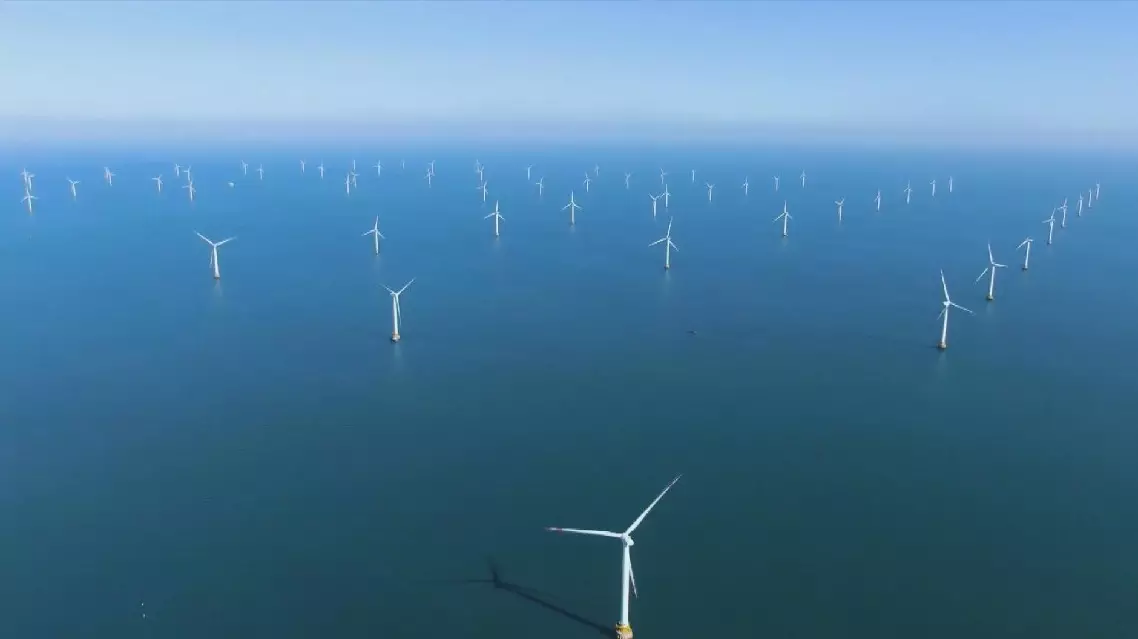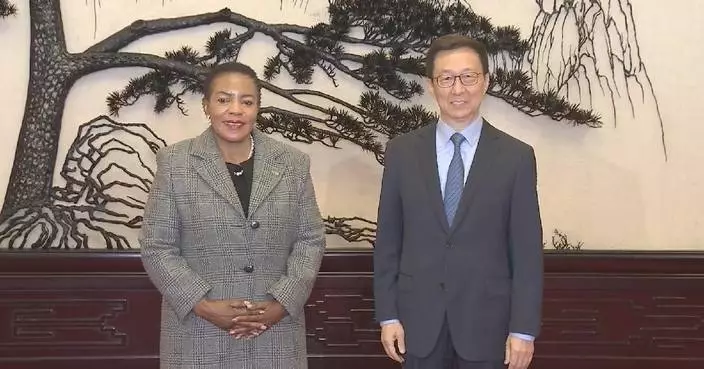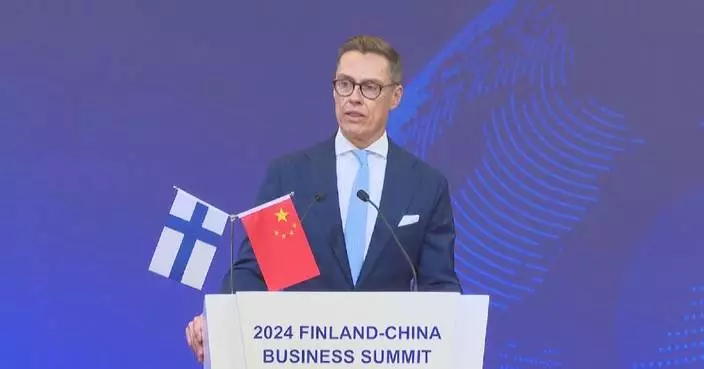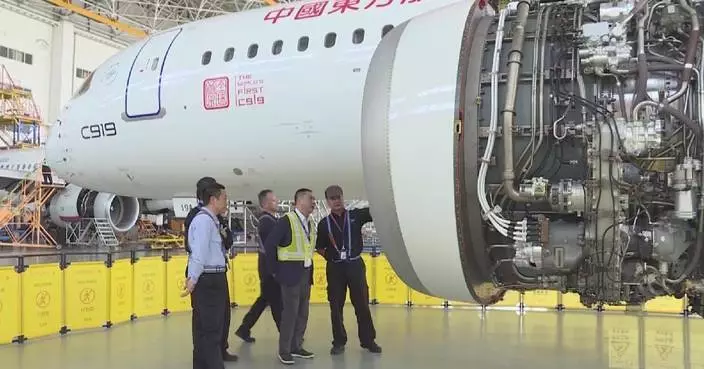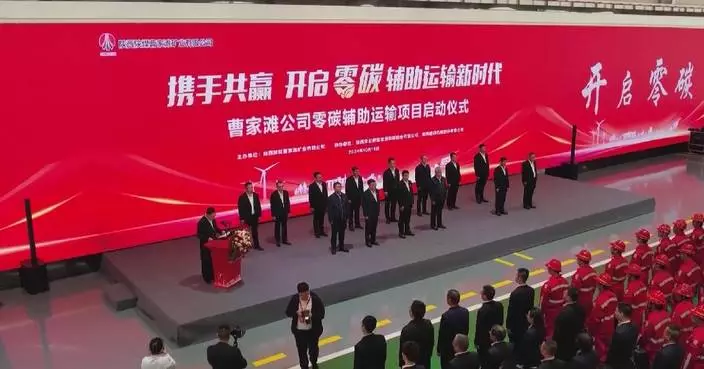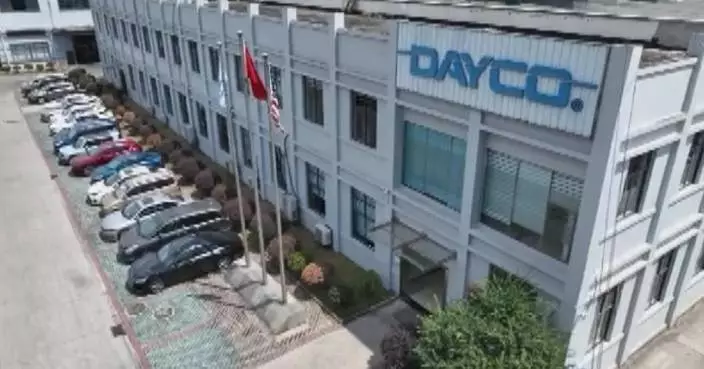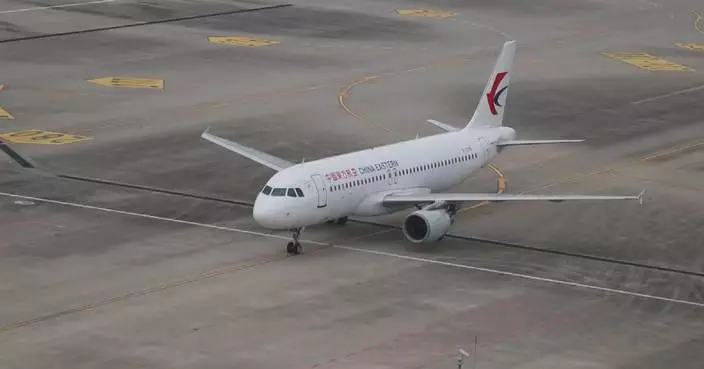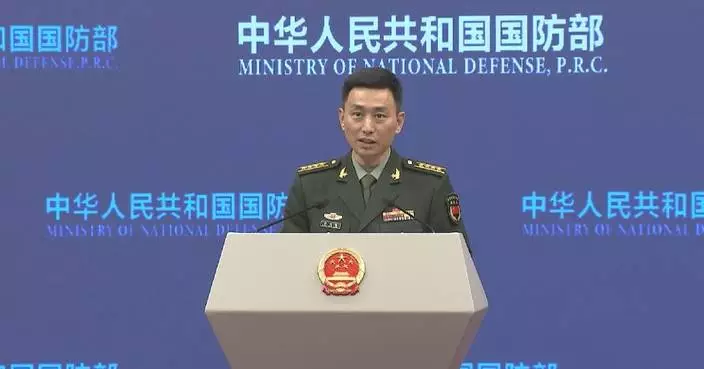Taiwan's Democratic Progressive Party (DPP) authorities' continuous arms purchases from the United States have made the situation on the island more dangerous and hampered the economic development and people's livelihood of the region, said experts from both Taiwan and mainland.
The U.S. Defense Department announced last week that the U.S. State Department has approved 1.988 billion U.S. dollars in arms sales to Taiwan, including the "National Advanced Surface-to-Air Missile Systems" and radar systems.
This is the 17th round of arms sales to Taiwan during the Biden administration. According to statistics from U.S. agencies, since the Biden administration approved the first batch of arms sales to Taiwan in August 2021, the total value of weapons sold by the United States to the region has reached approximately 7.7 billion U.S. dollars.
Experts in Taiwan criticized the DPP authorities for keeping spending money on weapons, instead of improving people's livelihood.
"By continuously selling arms to the Taiwan authorities, the United States is using 'deterrence' as an excuse, treating Taiwan as a 'cash machine' that pays more and more money for their weapons. Of course, the United States is well aware of the disparity in military strength between the two sides of the Taiwan Strait, so 'deterrence' is just a rhetoric. What Lai Ching-te is currently doing is to use the 'deterrence' provided by the United States to strengthen Taiwan's armaments. Taiwan spent a lot of money to buy a bunch of FIM-92 Stinger missiles for anti-armor use, almost 70 billion new Taiwan dollars (about 2.2 billion U.S. dollars). The DPP authorities led by Lai are spending billions of new Taiwan dollars buying weapons, but they are very stingy with money spent on people's livelihood," said Yu Tzu-hsiang, a professor of Shih Hsin University.
"On the one hand, it gives the public an illusion that the United States will protect Taiwan. On the other hand, the DPP authorities believe that as long as they pay this 'protection fee', the American politicians will make some statements to support their separatist intentions, even if they are just political stunts. Then the statements will give the DPP authorities a steady stream of materials to continue to brainwash the Taiwan public and arouse antagonism between the people of Taiwan and the mainland. For the DPP authorities, spending the money may have a greater political effect than the weapons themselves," said Wang Ping-chung, a political commentator in Taiwan.
The recently-released budget review of DPP authorities shows that Taiwan's so-called "total defense budget" in 2025 will hit a new historical high of 647 billion new Taiwan dollars (about 20.25 billion U.S. dollars), while the budget amount used for people's livelihood services such as elderly and child care is only one-sixth of the so-called "defense budget."
"Now people on the Taiwan island are more and more aware that Lai Ching-te's impetuous behavior seeking Taiwan independence has brought harm to the development of Taiwan instead of good. The mainstream public opinion on the island prefers dialogue with the mainland rather than confrontation, communication rather than hostility, and a win-win situation rather than lose. However, Lai is now taking Taiwan in the opposite direction, which is bound to drag Taiwan into a bottomless abyss," said Zhong Houtao, an associate professor of the National Security College under the University of International Relations.
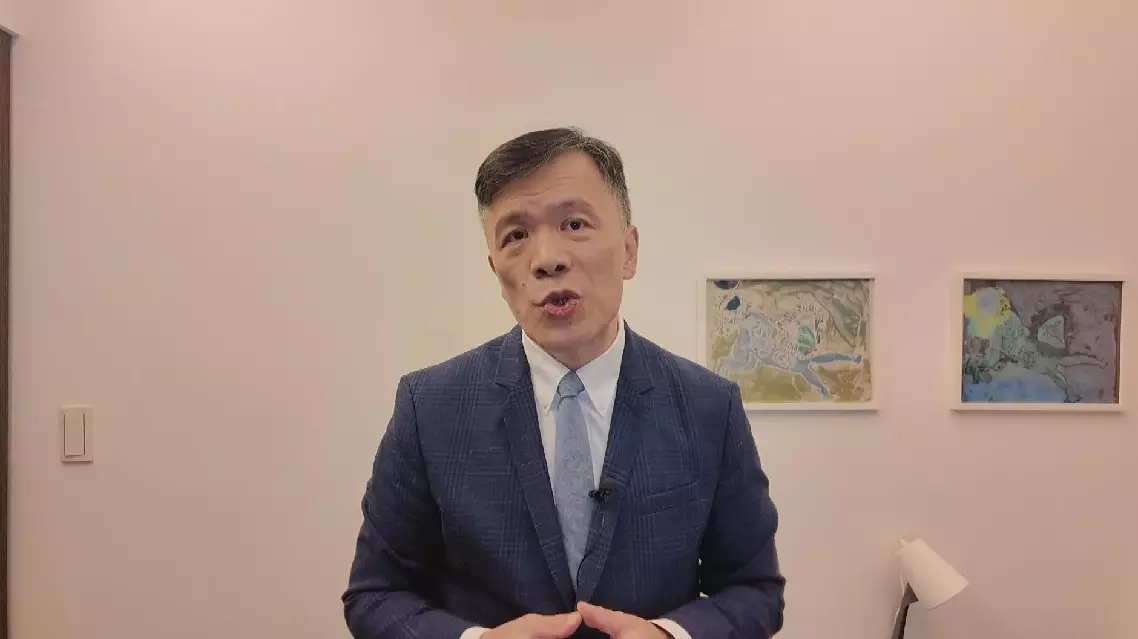
Arms purchases from US harm development of Taiwan: experts
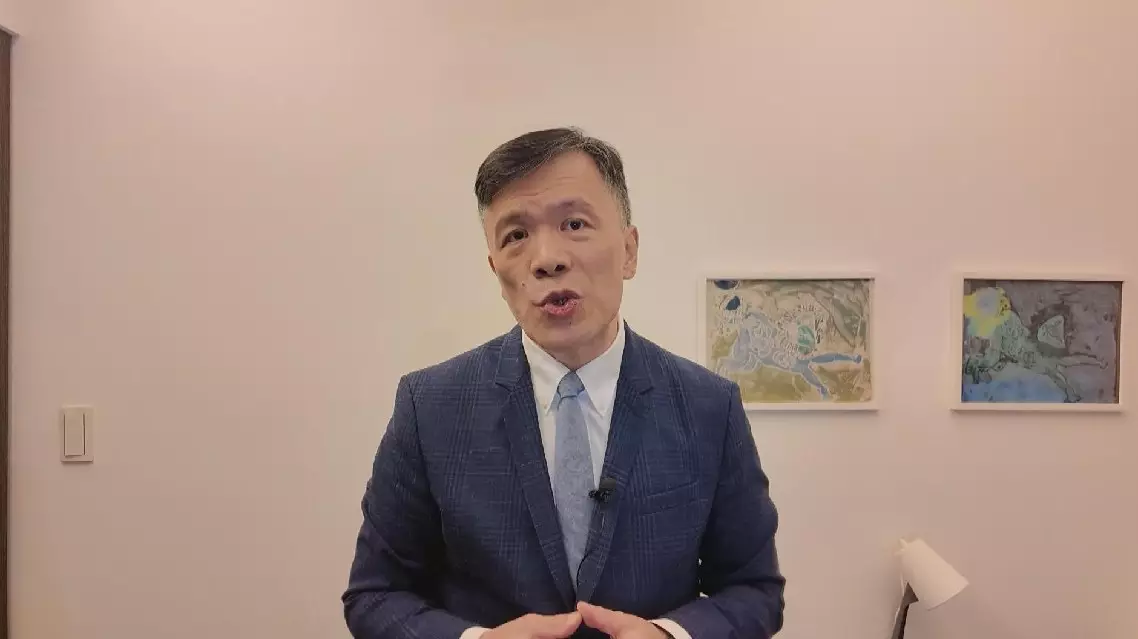
Arms purchases from US harm development of Taiwan: experts
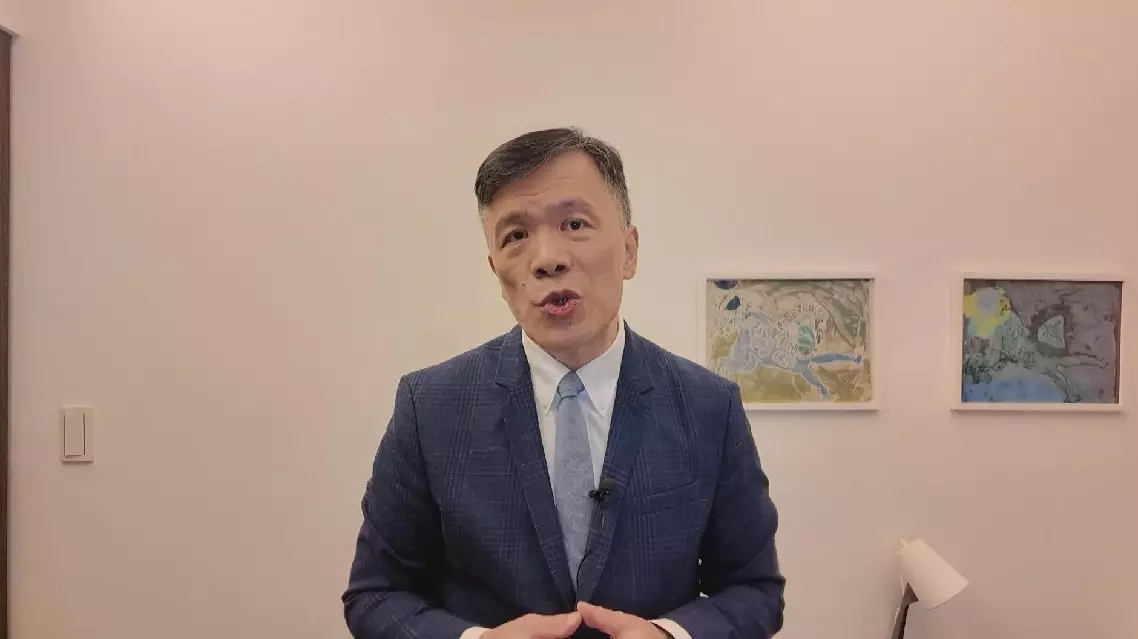
Arms purchases from US harm development of Taiwan: experts


